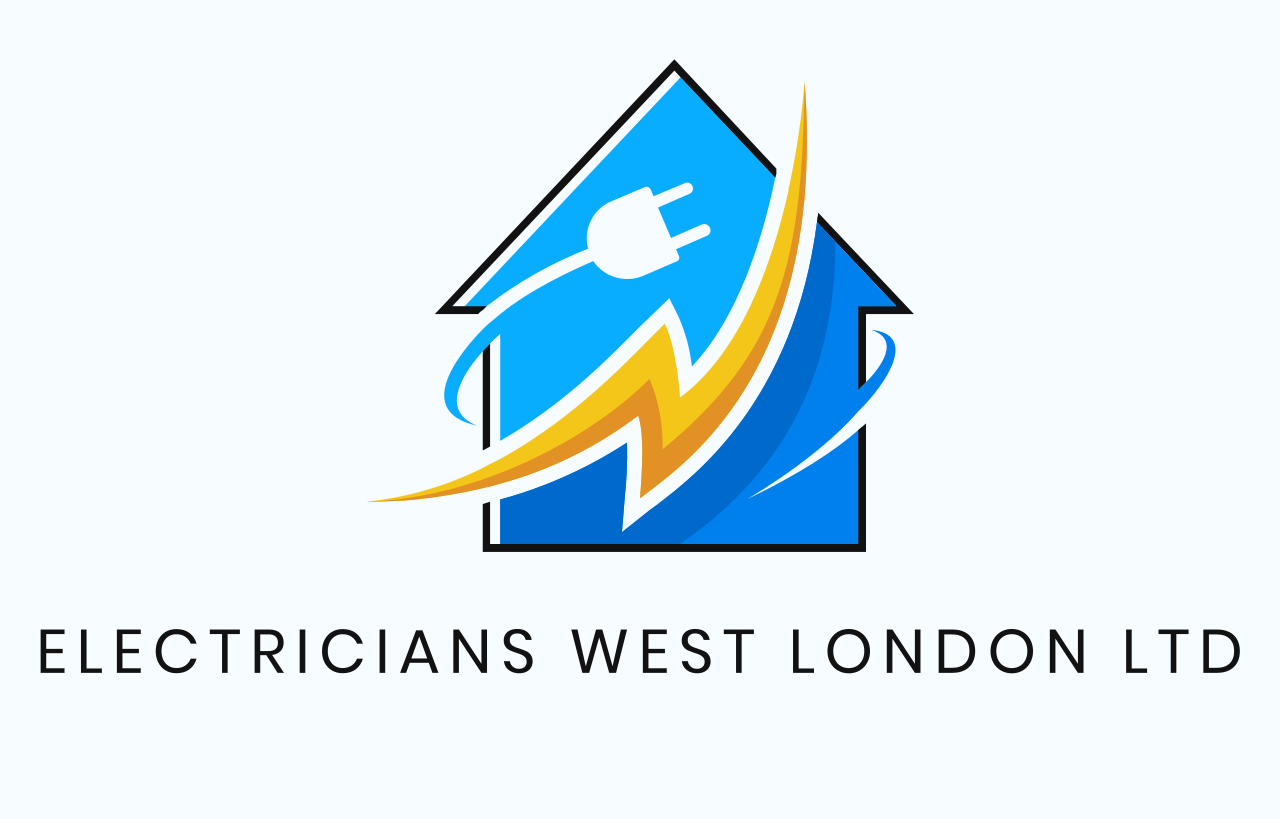24/7 EMERGENCY
For a skilled and experienced electrician in London, contact the team at Electricians West London Ltd. We guarantee a high-quality, efficient service.
Services
- Additional Sockets
- Circuit Board Installs
- Circuit Breaker Repairs
- Complete & Partial Rewiring
- Consumer Unit Replacements
- Cooker Points
- Electrical installation condition report (EICR)
- Earthing Ports & Bonding
- Electric Heaters
- Electric Radiators
- Electrical Fault Finding
- Electrical Repairs
- Emergency 24 Hour Service
- Emergency Lighting
- External Lighting
- Fuse Box Replacements
- Fused Spurs
- Garden Lighting
- Heating Controls
- Immersion Heaters
- Landlord Certificates
- Lighting Design
- Lighting Installations
- Lighting Repair
- Lighting-Low Voltage
- Portable Appliance Testing (PAT)
- Power Shower Installations
- Rewiring
- Security Lighting
- Sockets
- Switches
- Testing & Inspections
- Towel Rails
- Transformers
- Tripping Circuits
- Water Heaters
Electrical safety certificates
When most people want to know about getting an electrical safety certificate for a property, they actually need an Electrical Installation Condition Report (EICR). If a problem is found you’ll be informed and we’ll give you a fixed price quote for the work needed to bring it up to the standards required. We would aim to have this type of remedial work completed the same day.
We have a large team of electricians who work throughout London. They’re all qualified to inspect and test electrical installations and issue the appropriate safety certificates. Whether you need an electrical safety certificates issued for domestic, commercial or industrial premises, we can help.
What is an EICR safety certificate?
An Electrical Installation Condition Report (EICR), used to be referred to as a Periodic Inspection Report (PIR). People sometimes refer to them as landlord safety certificates or pre-purchase surveys. The primary difference is that an EICR is a thorough physical test and a pre-purchase survey is just a visual inspection.
An EICR covers fixed wire installations only. This is the electrical wiring throughout a property. The testing of portable appliances, which plug into fixed wire installations, is done separately.
How often do I need an electrical safety certificate?
The type of property and how the fixed wire installations are being used determines the recommended frequency for having an EICR.
Homeowners
- Recommended every 10-years
- Before selling a property
- Before buying a property (previously-occupied)
- If a problem is suspected
Tenanted properties
- Required at every change of tenancy
- Maximum of 5 years from previous EICR
- If a problem is suspected
- Commercial properties
Completely dependent on the type of property and the usage If a problem is suspected.
Our electricians will be able to recommend how often an EICR should be carried out at a property based on the age of the fixed wire installation.
Electrical faults
Tripping fuses, faulty switches and broken sockets shouldn’t be left without being repaired. They all represent a potential risk of electric shock.
The most common causes of a fuse to trip or blow are:
- An electrical circuit is overloaded
- Too many appliances are being used at the same time
- A faulty appliance is being used or misused
- Electric cooker rings have worn out or cracked
- A problem with an immersion heater
- Poor connections on power leads to appliances
- Faulty lamps blowing
- If you have a circuit that occasionally trips, don’t just leave it until next time. Nuisance tripping like this is a fault that should be made safe.
